|
A kitchen is central to both the style and functionality of a home. The average American spends about 40 minutes per day in the kitchen preparing food and cleaning up after meals. We want to enjoy the environment that we spend this time in. A beautiful kitchen countertop can really define the space and set the tone for the style of your kitchen. A countertop also must be functional for cooking on. Most countertops in residential kitchens are made of one of ten common materials. In this post we’ll explore the 10 best countertop materials currently on the market.
With so many options to choose from, finding a countertop material for your kitchen includes considering subjective and objective criteria. When you are looking at countertop materials, take these five factors into consideration:
1. Laminates
A budget friendly and versatile option, laminate countertops are made by bonding a plastic laminate sheet to a particleboard (MDF) core. Popular brands of laminates include Formica, Nevamar, and Wilsonart. These countertops can be purchased ready-made as a post-form countertop or custom made to your specifications.
While they have been seen in a negative light in the past for being cheap, laminates have recently become more popular because of the thousands of varieties available. They come in an endless array of colors and patterns and are now popular in retro style kitchens, particularly mid-century modern styles. Laminates are the best option for those on a tight budget. They are easy to clean, but can stain if not cleaned quickly enough. They are somewhat heat resistant, but can be scorched or discolored by hot pans. Laminate will not melt. Cost: $15-40 per square foot, installed Pros
Cons
2. Ceramic Tile
A second budget-friendly and DIY-friendly option is ceramic tile. Tiles come in more options than ever before, they can be made to look like wood, marble, leather, or cork. In fact, ceramic tile comes in more options than any of the other ten materials.
Tile is very durable and heat resistant, but much less expensive than natural stone, quartz, or solid-surface countertops. On the downside, tile creates an uneven surface that may make it more difficult to prepare food on. It can also be difficult to maintain clean grout lines between the tiles, although grout comes in a variety of different colors. Generally, ceramic tile countertops do not contribute to the resale value of a home, but tile is still very popular as backsplash, wall and floor material. Cost: $18-35 per square foot, installed Pros
Cons
3. Solid-surface material
This relatively new material has been around for about 50 years. Solid-surface material is a manufactured material that blends acrylic particles and resins, which are formed into sheets and other shapes. It can be formed into countertops or sinks and can create a seamless surface. It was initially seen as a “space age” material that tried to mimic natural stone, although it does not convincingly resemble either natural or engineered stone.
Solid-surface material is a mid-range cost option that can be a good alternative to natural stone or quartz for large kitchens with lots of countertop space.The material will eventually wear out over time. It can be scorched by hot pans, but scorch marks can also be sanded out. In terms of resale value, solid-surface material is generally perceived more positively by buyers than laminate or tile. Cost: $35-85 per square foot, installed Pros
Cons
4. Marble
A timeless source of beauty, marble is a natural stone widely used in ancient architecture. Traditionally associated with luxury, marble actually costs less than many of the other options in countertop materials. It is sometimes used in only a small part of a kitchen. It comes in a variety of colors and patterns, and because it is natural, each piece is unique.
Marble is one of the softer natural stones, making it less durable and easier to damage than granite or soapstone. It can scratch and stain, but using a sealer will help to maintain its appearance. Cost: $40-100 per square foot, installed Pros
Cons
5. Granite
Considered a premium material, granite is the most popular natural stone used for kitchen countertops. Granite is thought of as elegant and luxurious, and remains a common option for kitchen projects where money is no object. It comes in a very wide array of colors and patterns. Although it is expensive, the cost has come down in recent years as supplies have increased. Granite is a clear favorite of both realtors and home buyers.
Granite is one of the hardest natural stones, and may be the most durable of the stone options in the top 10 countertop materials. It will not burn, but lighter colors can stain. Sealing helps prevent granite from staining. It varies more in price than any other countertop material. Cost: $45-300 per square foot, installed Pros
Cons
6. Soapstone
A third option for natural stone, soapstone has a dark gray color and a smooth, satiny texture.It has recently become a popular choice in kitchen countertop material, and can also be made into a sink. Soapstone is particularly popular in historic homes, but can also lend a striking element to modern kitchen designs.
Soapstone is very hard and resistant to heat and stains. Over time, it develops a patina that lends it an antique look. Although it is a durable surface, it will scratch. It has a more expensive starting price than marble or granite, but does not go into the higher ranges like granite does. Cost: $55-100 per square foot, installed Pros
Cons
7. Quartz (Engineered Stone)
“Quartz” is a manufactured stone product made from 93% quartz particles and other minerals formed into slabs that are bound with resins. The quartz comes from leftover stone from quarries, making it a low-environmental impact option. Companies that produce quartz include DuPont Zodiaq, LG Viatera, Cambria, and Silestone. It was created as a stone product that performs better than granite or marble, and can closely resemble either of those natural stones. It comes in even more colors than granite, and overall, may be the best value. Some buyers even prefer quartz to granite .
Quartz has a non-porous surface, unlike porous natural stone. It doesn’t stain, scratch or scorch, and may be the least high-maintenance option. Quartz does not require sealing. Cost: $55-155 per square foot, installed Pros
Cons
8. Wood or Butcher Block
A unique option for a kitchen countertop, wood or butcher block has a distinctly warm, organic look to it. Wood countertops are particularly attractive in historic homes. Wood countertops are available in a wide variety of colors and finishes, but most are made from hardwoods like maple and oak.
Wood is fairly durable and very resistant to heat. It needs to be well-cared for to remain clean and attractive, and must be sealed very frequently to prevent staining. Use mineral oil on wood frequently to keep it in good condition. Although it can look very beautiful, wood countertops are an unusual choice that do not add any resale value to your home. Cost: $60-100 per square foot, installed Pros
Cons
9. Concrete
Endlessly malleable and extremely durable, concrete can be custom made in almost any shape and form a seamless countertop and sink unit. Currently, concrete is very trendy in new, modern homes. Concrete countertops are cast into forms directly in your kitchen, and must be installed by skilled professionals.
Although countertops are made from a different type of concrete from that used for sidewalks, they remain very heavy. They are heat resistant and scratch resistant, but can be scorched by hot pans. Cost: $70-$140 per square foot, installed Pros
Cons
10. Stainless Steel
Originally reserved for commercial kitchens, stainless steel has recently become trendy in high-end residential kitchens. It has a distinctive contemporary and industrial style that works well in a new, modern home. Unlike most other materials, stainless steel can’t be modified, so it always looks the same. Stainless steel can create seamless countertop and sink units.
Stainless steel is very heat resistant, and doesn't burn. It can stain, but it does not rust. In addition to being the most expensive countertop material, stainless steel may be seen as unattractive by buyers who don’t follow new trends in materials. Cost: $80-250 per square foot, installed Pros
Cons
Sources https://www.thespruce.com/top-kitchen-countertops-1977143 https://www.thespruce.com/best-countertops-rated-1822096 https://marble.com/articles/how-much-for-soapstone-countertops https://www.thespruce.com/wood-countertops-for-the-kitchen-1822080#:~:text=Cost%20of%20Wood%20Countertops,are%20for%20solid%2Dwood%20materials. https://www.marblesystems.com/kitchen-countertops/ https://www.housebeautiful.com/home-remodeling/interior-designers/a28900727/kitchen-countertop-materials/
3 Comments
7/30/2020 03:23:31 am
I have been try to decide what kind of counter top i want for my kitchen for quite a while now. Wooden or Butcher block looks soooo good I personally love wooden counter tops they seems to have way too many cons. Having it scratched will give the worst look. Maybe I will go with Quartz it seems to have no cons other than being expensive. Thank you for sharing all these pros and cons. It really helps in deciding.
Reply
2/11/2022 01:46:38 am
These are wonderful suggestions. While as a professional who install tiles, I most use granite, ceramic, marble, etc., I recently got fond of concrete countertops. They are very aesthetic.
Reply
Leave a Reply. |
Categories
All
|

Email - Click Here
Phone - 540-246-9067 Website - www.mattiasclymer.com Schedule a Meeting, Download Contact Card, Etc... |
Funkhouser Real Estate Group | 401 University Boulevard, Harrisonburg, VA 22801 | 540-434-2400 | ©2021 | Privacy Policy | All rights reserved.
Licensed in the Commonwealth of Virginia
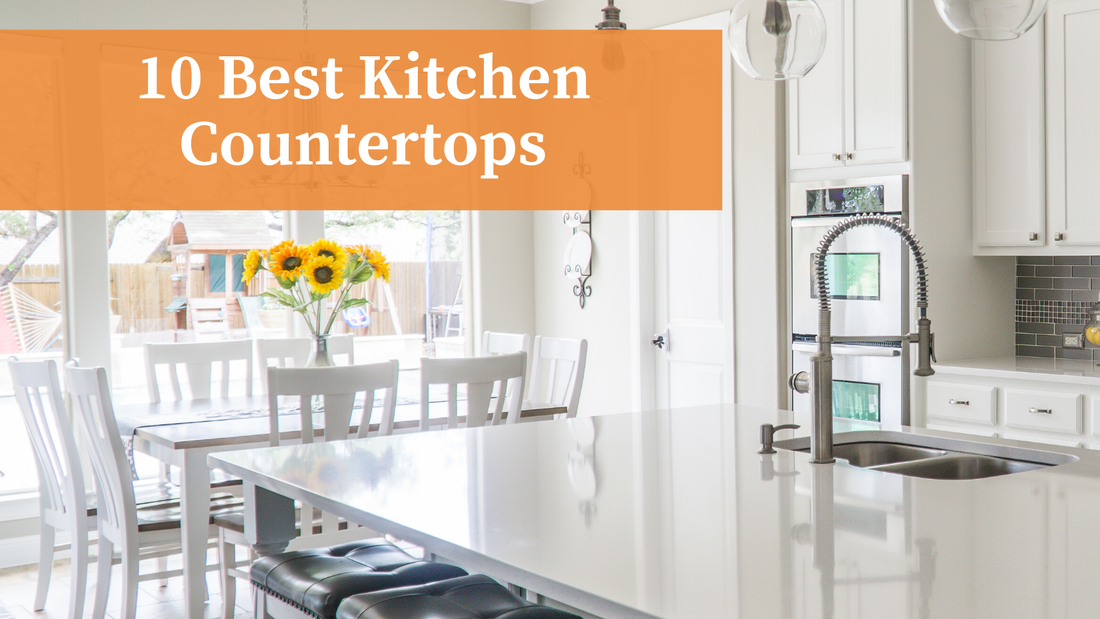
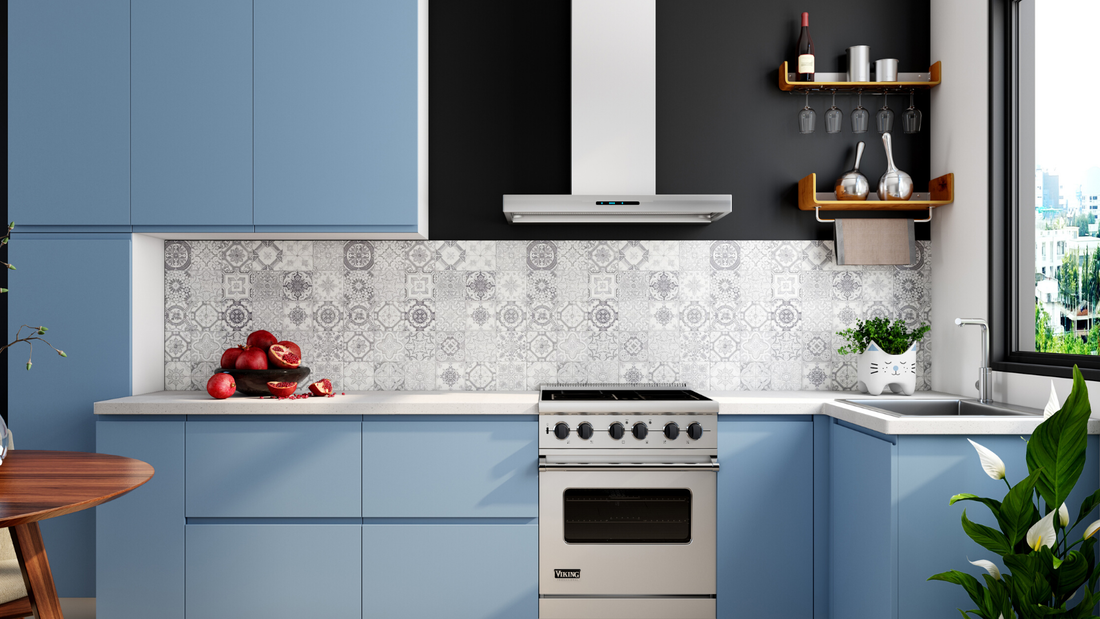
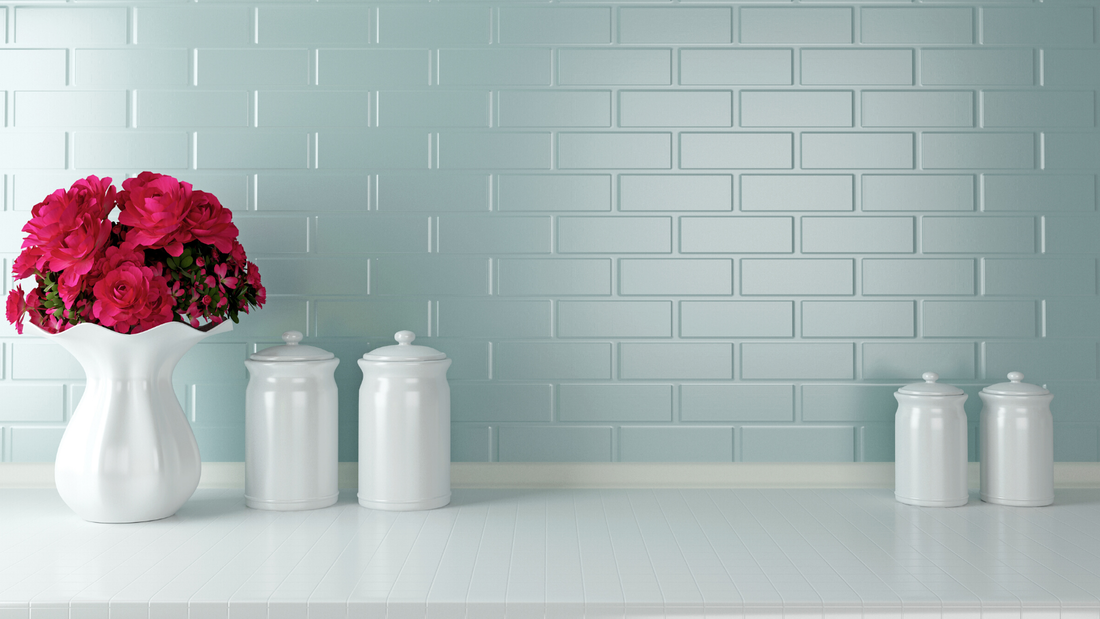
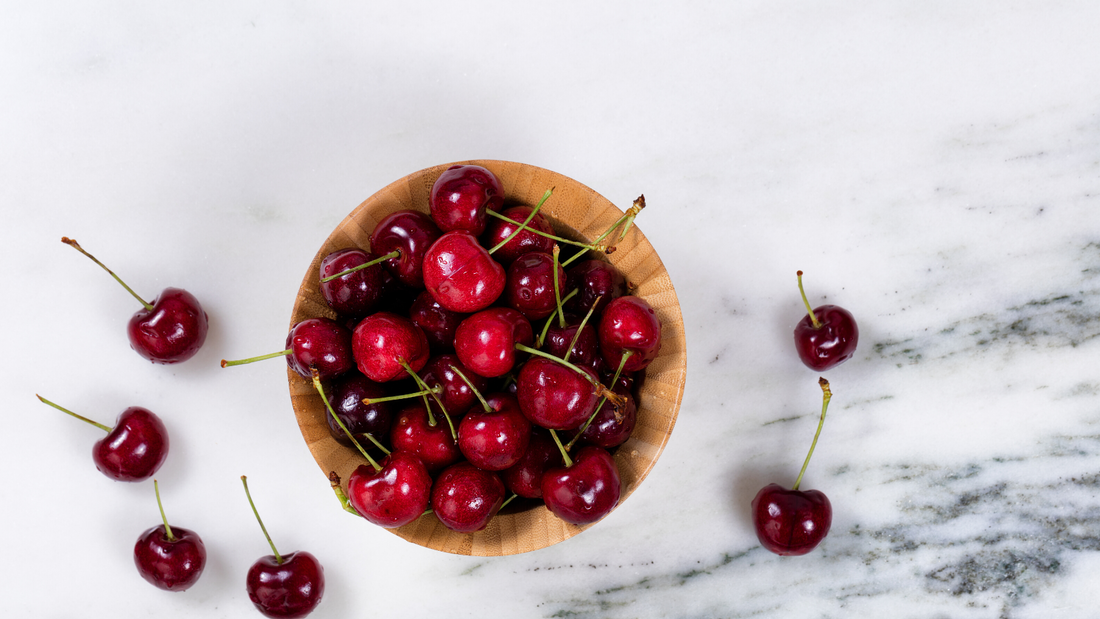
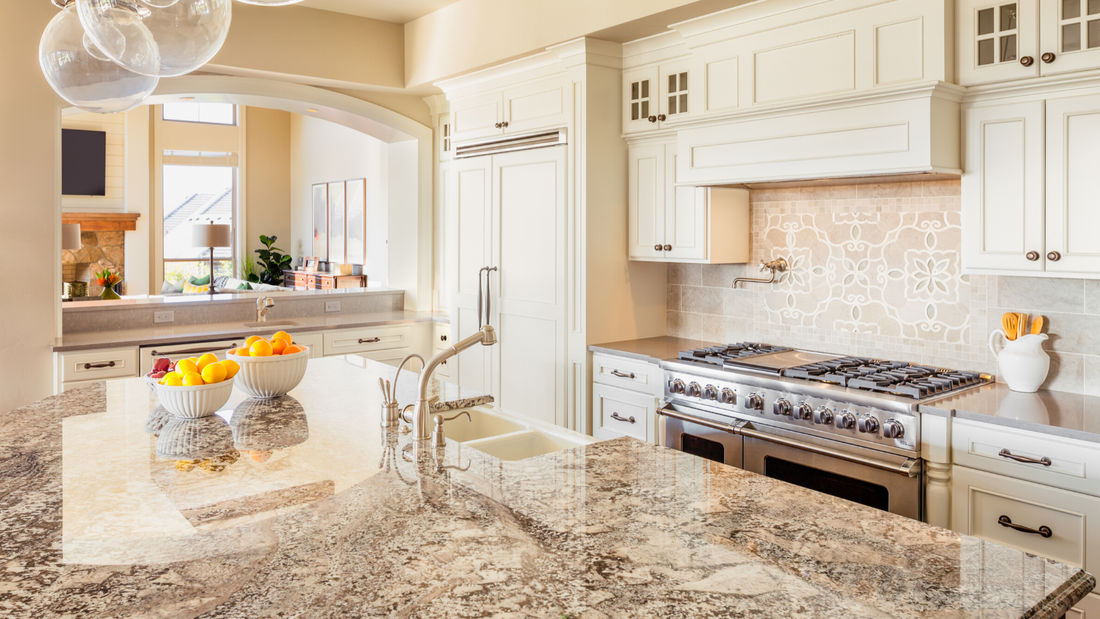
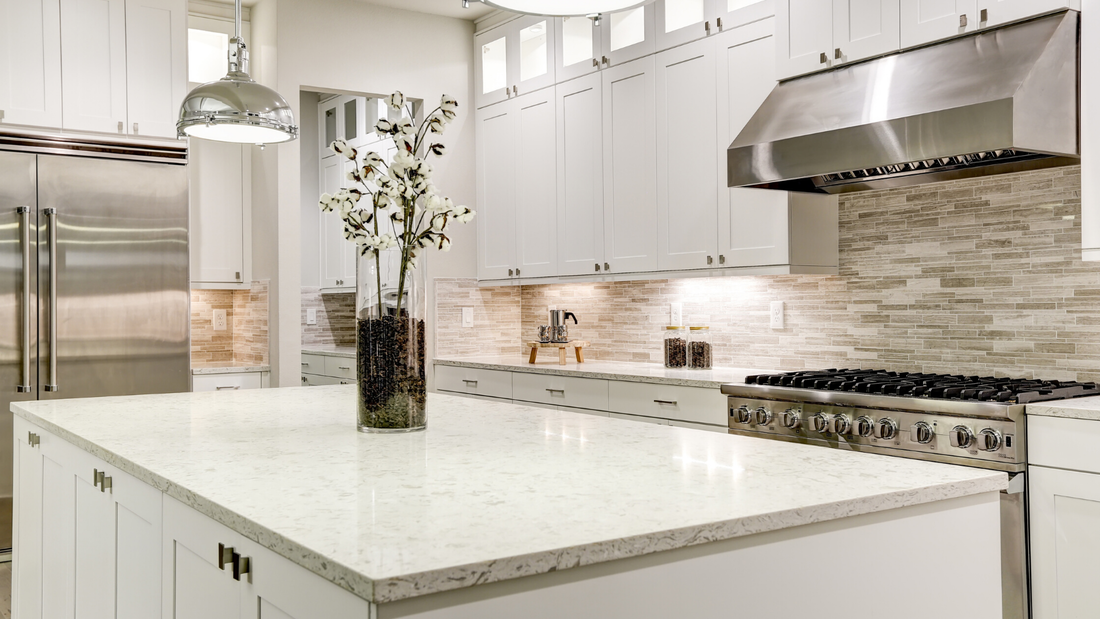
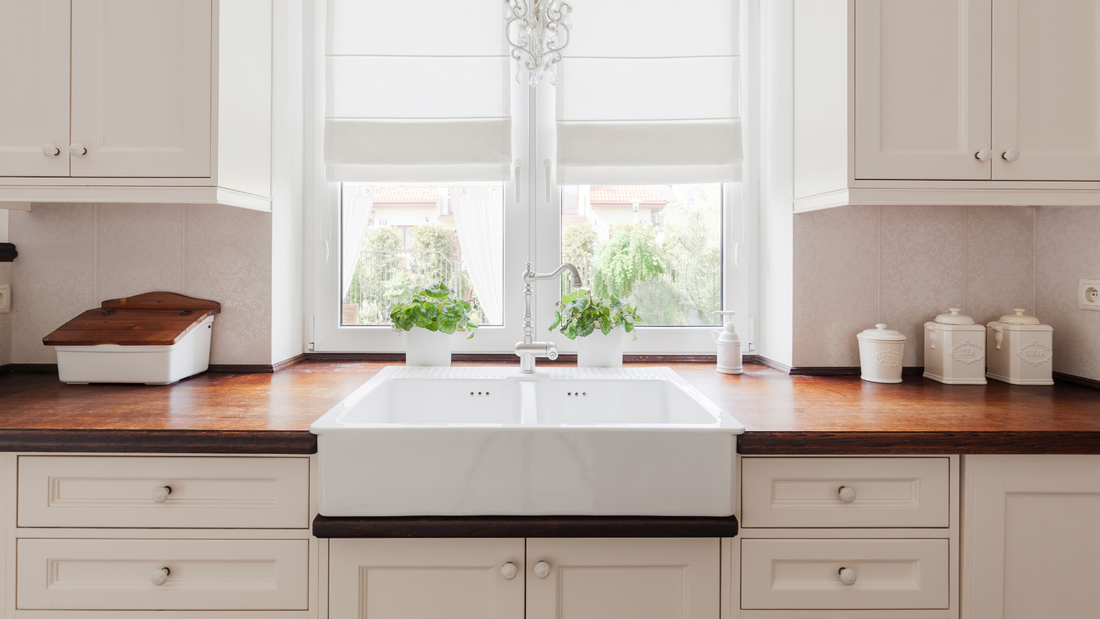

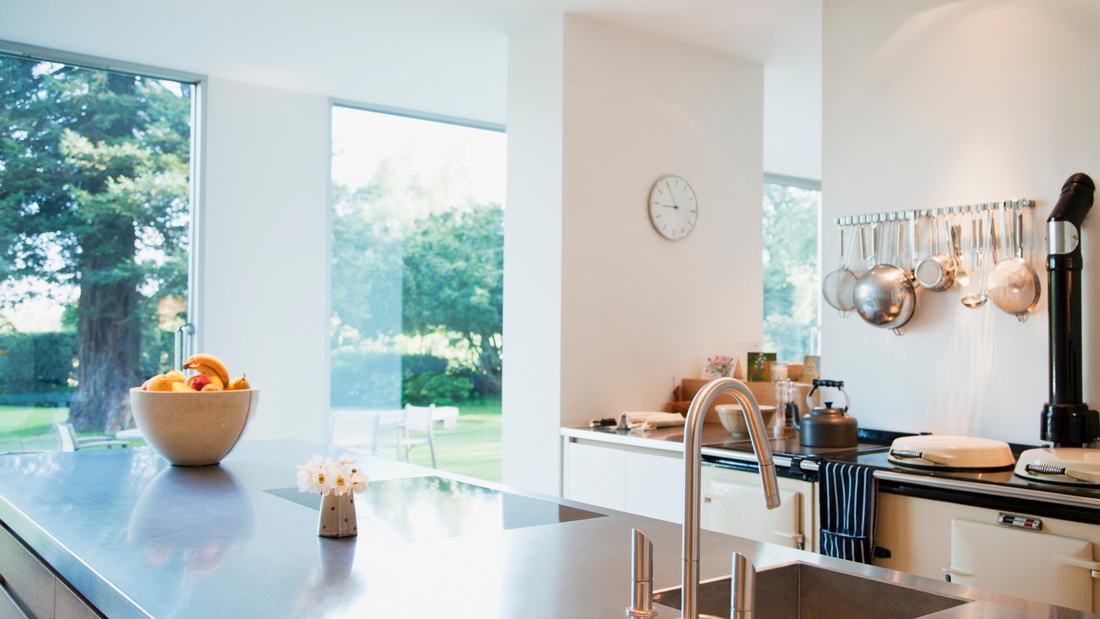
 RSS Feed
RSS Feed
